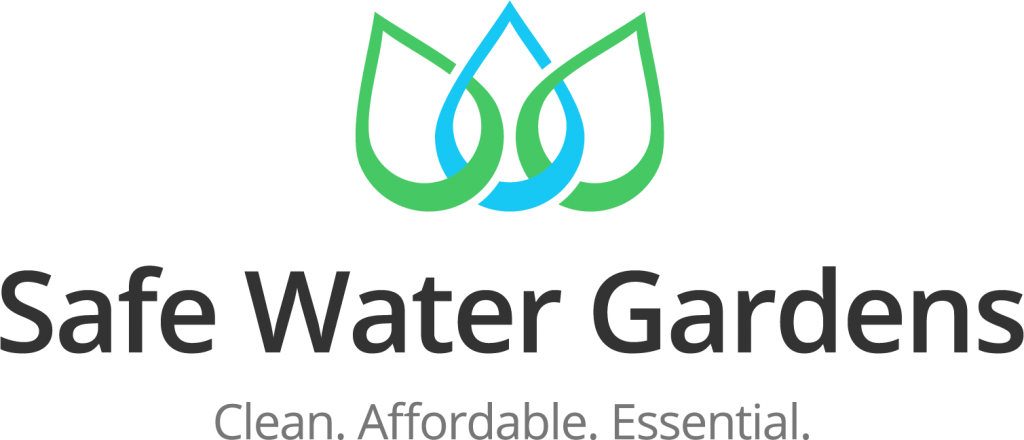- About AVPN
-
-
-
About AVPN
Who We Are
We are a leading ecosystem builder that is increasing the flow of financial, human, and intellectual capital from Asia and around the world into the social sector in Asia. We provide a network of peers, rigorous learning programmes, and innovative capital mobilization opportunities that make sure resources are more effectively deployed.
-
-
-
- Members
-
-
-
Membership Benefits
Unrestricted access to AVPN research reports and case studies
Access market-specific snapshots and opportunities
Increased visibility for events, programs and insights via AVPN website, blog, newsletters and social media channels
Leverage the AVPN platform to bring under-represented social issues top of mind for more than 600 social investors
-
-
-
- Resources
-
-
-
Resources
Highlights of the week
Trust-Based Philanthropy
In the face of increasingly complex and, sometimes rapidly, changing needs on the ground, it is crucial to take a step back and reconsider the status quo.
APAC Sustainability Seed Fund 2.0
By leveraging the success of the first round of the APAC Sustainability Seed Fund, AVPN continues to mobilise continuum of capital into supporting climate solutions in the region.
Faith and Giving
Faith, and the values, belief systems, moral codes, and religious doctrines, that underlie it, shape much of philanthropy across the world. From addressing needs in underserved communities to investing in sustainable energy solutions, faith-aligned givers are demonstrating that compassion can be a catalyst for a more just and equitable world. However, the fundamental drivers of faith-aligned giving often remain unexamined.
-
-
-
- Markets
-
-
-
Markets
We are a leading ecosystem builder that is increasing the flow of financial, human, and intellectual capital from Asia and around the world into the social sector in Asia. We provide a network of peers, rigorous learning programmes, and innovative capital mobilization opportunities that make sure resources are more effectively deployed.
Explore Markets
-
-
-
- Impact Communities
-
-
-
Impact Communities
-
-
-
- Capital Mobilisation
-
-
-
Capital Mobilisation
Featured Deals
Socio-Economic Empowerment of Women
Climate Action and Environment, Education, Financial Inclusion, Gender, Livelihood and Poverty Alleviation
Solve Education: Education through Innovative Learning Platform
Education, Employability, Livelihood and Poverty Alleviation
Lotus Petal Sr. Sec School, Gurugram
Education, Employability, Health
IT Training Against Poverty in Cebu
Education, Employability, Livelihood and Poverty Alleviation
IT Vocational Training Against Poverty
Education, Employability, Livelihood and Poverty Alleviation
Gigatonne: Addressing Problems within the Carbon Credits Market
Climate Action and Environment, Financial Inclusion, Gender, Livelihood and Poverty Alleviation
-
-
-
- Events
-
-
-
Events
Upcoming Signature EventsAVPN Global Conference 2024
23 April 2024
-
25 April 2024
Signature Event
Upcoming Events
Restoring Equilibrium: SVCA 2024 Annual Conference – Seeking Balance in A Turbulent World
16 May 2024
-
-
-
Loola: Safe Water Gardens for Sanitation in Indonesian Villages
Loola’s Safe Water Gardens (SWGs) aim to provide a safe, affordable and scalable sanitation systems that will benefit village homes and schools in Indonesia and beyond.
By

LooLa Adventure Group Pte Ltd
Click here to learn more about the Impact Organisation
This is member exclusive
content. Click here to unlock
Social causes
Beneficiaries
SDGs covered
Endorsed by
Market of Implementation
- Indonesia
Problem
Rural villages in Indonesia are facing massive challenges in sanitation, that may even threaten lives. Previous and current solutions to tackle this problem has either been inadequate or adequate but unaffordable.
Alongside sanitation, food security is also a major issue in Indonesia and the developing world, and both of these have been further exacerbated by the COVID-19 pandemic.
Solution
Loola Adventure Group has devised a very simple and completely autonomous wastewater treatment system, called the Safe Water Garden (SWG). The SWG is extremely easy to build, maintenance-free, and where the house owners can have complete ownership.
The system doubles up as a crop-garden (notably for chilli, together with rice, as key food ingredients for Indonesians), and this crop garden has proven to be a catalyst for villagers extending their garden and hence their food self-sufficiency. The SWG has other outcomes, such as:
- Health benefits: the system eliminates chronic diarrhoea and thus alleviates stunting. Also, because the house no longer features greywater puddles, the mosquito population decreases which, in turn, reduces insect-borne diseases.
- Poverty alleviation: Because parents do not have to bring children to the hospital on account of sanitation-related illnesses, they do not lose workdays, and reduce transport and the hospital costs. Contrary to the traditional sanitation systems which last 10 years, the SWG lasts forever. Combining this with the savings from not having to buy chilli means a nett savings of around 10% of household income for village families.
- Improved Living Conditions: With better sanitation and waste management, people are able to lead happier, healthier lives.
For more information, do refer to our Slide Deck.
















